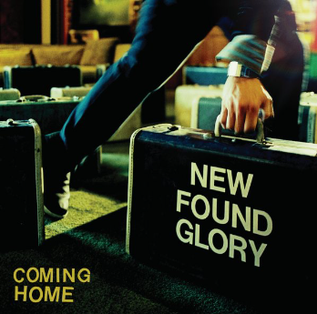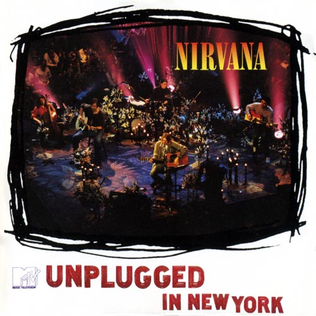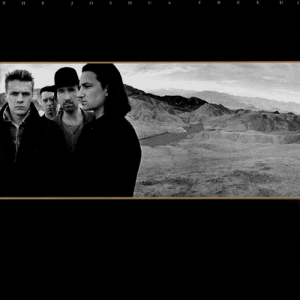My Top 10 Essential Albums
Last month I saw Henry write up his top 10 essential albums and I immediately wanted to do the same. I love listening to albums over individual songs, and there are some that I go back to again and again.
I've followed the rule that I can only have one album per band, to avoid it being a list of my favourite Green Day, Blink-182 and Gaslight Anthem albums.
But be warned: there will still be a lot of early 2000s pop-punk.
American Idiot - Green Day
American Idiot by Green Day is probably their best album. Certainly the most popular with a mainstream audience. I also love Dookie, Nimrod and Warning, but this probably had the most musical influence on me, particularly as a teenager in a punk-rock band writing my own music.

Conspiracy of One - The Offspring
I used to spend most of my time in classrooms not taking notes, but drawing the flame skull logo from the cover of this album. The Offspring were another of my favourite bands growing up. This was the first album of theirs that I really loved, and led me into their back catalogue. Even in the early 2000s that was deep.

Take Off Your Pants and Jacket - Blink-182
What can I say about Blink-182’s best album? It’s great pop-punk. One of my favourite songs is a bonus acoustic track called What Went Wrong. A couple of years ago I wanted to listen to it, and I ended up digging out my old iTunes library to find it because it’s just not available on streaming services for some reason.

Coming Home - New Found Glory
I really like New Found Glory. They're best known for songs like Hit or Miss and My Friends Over You, typical early 2000s punk-pop. What I like about Coming Home is it's a bit more mature, in lyrics, style and production, while still sounding like New Found Glory. Like Green Day's Warning, or Blink-182's self-title album, it's a great example of a band evolving and showing off their range of musical talent, beyond what they're already known for.
I wrote about this in 2023, and what I wrote then still summarises my feelings about it perfectly:
It's a New Found Glory punk pop album, but it's so different, because it feels mature without being a change in sound. It's just refined, improved. NFG at their peak, even though it's not often held up as one of their most popular. And it is so positive too. It's really hopeful, really sweet at times, even. Especially songs like Coming Home and Too Good To Be.

Puzzle - Biffy Clyro
Getting a bit heavier now. Puzzle is when Biffy started to sound a bit more approachable, before the properly radio-friendly Only Revolutions, but keeping a lot of their heavier sound from The Vertigo of Bliss.
I love Biffy Clyro. This is my favourite album of theirs. Who's Got A Match regularly pops into my head out of nowhere.

Unplugged in New York - Nirvana
A real classic. Another one I've written about already:
This was the album where I realised that distorted grunge bands could have musical depth. They can play other styles, and sound good. It’s a great live album, and it’s Nirvana, of all bands, but acoustic.

1989 - Taylor Swift
This is such a great pop album, and any list of my top albums has to have some good cheesy pop. When I wrote about this album before, I said I hadn't really listened to it in a while - it now comes back into rotation quite often, when I'm looking for something lighter than my usual choices.

The Joshua Tree - U2
This is such an important album in the history of music. Before that though, it has some really great songs. But you can hear its influence in so much pop and rock music in the almost 40 years since it was released.

Futures - Jimmy Eat World
Bleed American is another fantastic album by Jimmy Eat World. Futures is my favourite though, and the one I come back to again and again. I wrote about Futures last year:
I love Jimmy Eat World's mix of energy and slow burners. There's not a bad song on this whole album

Handwritten - The Gaslight Anthem
I love the Gaslight Anthem, and this is their best work. I wrote about Handwritten a couple of years ago, and my feelings haven't changed a bit.
Handwritten is a great rock album. "45", "Here Comes My Man" and "Mae" are some of my favourite songs.

If you liked this article, please consider buying me a coffee to support my writing.

